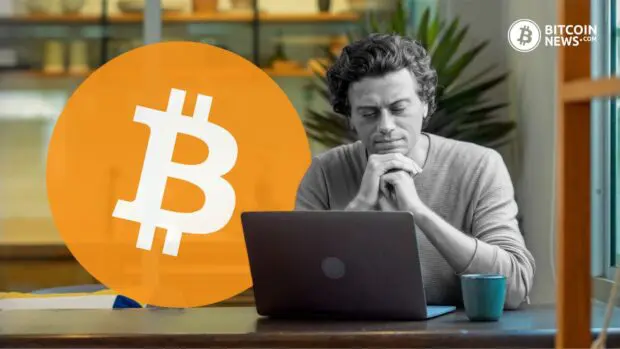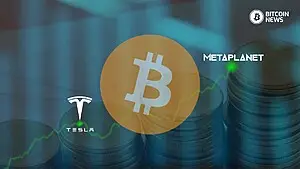With the long-awaited bitcoin ETF approval, many investors may find themselves scrambling to finally invest. Being able to purchase bitcoin in the same account as your retirement savings or stock portfolio is certainly an easy way to gain price exposure to the nascent asset class.
As a digital bearer asset, complete with its own layered payments network, bitcoin is unlike any other asset you’ve probably encountered. The choice to invest in an ETF however may be more costly than participants fully grasp.
By opting out the Bitcoin Network with an ETF, investors add unnecessary carrying costs and counterparty risk to their investment. They also close themselves off from the bitcoin community which is quickly snowballing into a global phenomenon.
Bitcoin ETF Approval: Adding Costs and Counterparty Risk
Once you purchase your bitcoin at an exchange, you’re able to withdraw that bitcoin digitally into self-custody. Aside from network transaction fees, there is no cost to hold bitcoin yourself once you’ve made the transfer.
Bitcoin ETFs add carrying costs to bitcoin through their annual expense ratio. Costs as small as half a percent compound over the years, amounting to significant portfolio drag when compared to bitcoin held natively. According to Joe Burnett of Unchained, half a percent could cost investors nearly $3 million in fees over 30 years.
The ETF structure also relies on financial intermediaries and custodians for keeping your bitcoin safe. In the event of a security breach, the bitcoin underlying your ETF shares could be lost or stolen. Even with insurance, it would be a tall task to recoup the same amount of bitcoin considering its finite supply.
Related reading: Custody Centralized? Coinbase Holds Keys to 90% of Bitcoin ETFs
A Peer-to-Peer Electronic Cash System
The Bitcoin White Paper describes bitcoin as a peer-to-peer electronic cash system. Through utilizing the Bitcoin Network, holders are able to send bitcoin to one another without the need for financial intermediaries.
That means 24/7 liquidity, with the ability for individuals to make purchases directly with their bitcoin. For businesses that means less transaction costs chipping away at your bottom line. ETF investors opt out of this entirely.
Perhaps more pertinent in the age of digital isolationism is that ETF holders may be opting out of community as well. The Saturday SAT Market, for example, is a community initiative created by bitcoin educator Ben Perrin, or BTC Sessions, and is quickly growing at an international level.
“The idea is to make it possible to get anything I need locally with bitcoin. Not just at this market, but by forging relationships with the people there,” Perrin told me in a discussion about his intentions.
With around 30 bitcoin-accepting merchants already on board, the experiment has captured the excitement of people from much further than the local community. Some enthusiasts are driving for as long as seven hours to participate, while others are even flying in from Vancouver.
The support for this movement extends beyond borders, with individuals from the United States and other parts of Canada volunteering remotely to help ensure its success. The roster of merchants is as diverse as it is impressive, ranging from barbers and farmers to A/V specialists, carpenters, and financial planners.
This marketplace showcases the potential of a digital economy governed by bitcoin, where goods and services can be exchanged freely, without the barriers of traditional currency restrictions.
So, while bitcoin ETFs might provide a straightforward avenue for price exposure, they should not be viewed as the sole gateway into the realm of bitcoin for newcomers to the space. Convenience may actually be significantly more costly than the ETF fees communicate.










